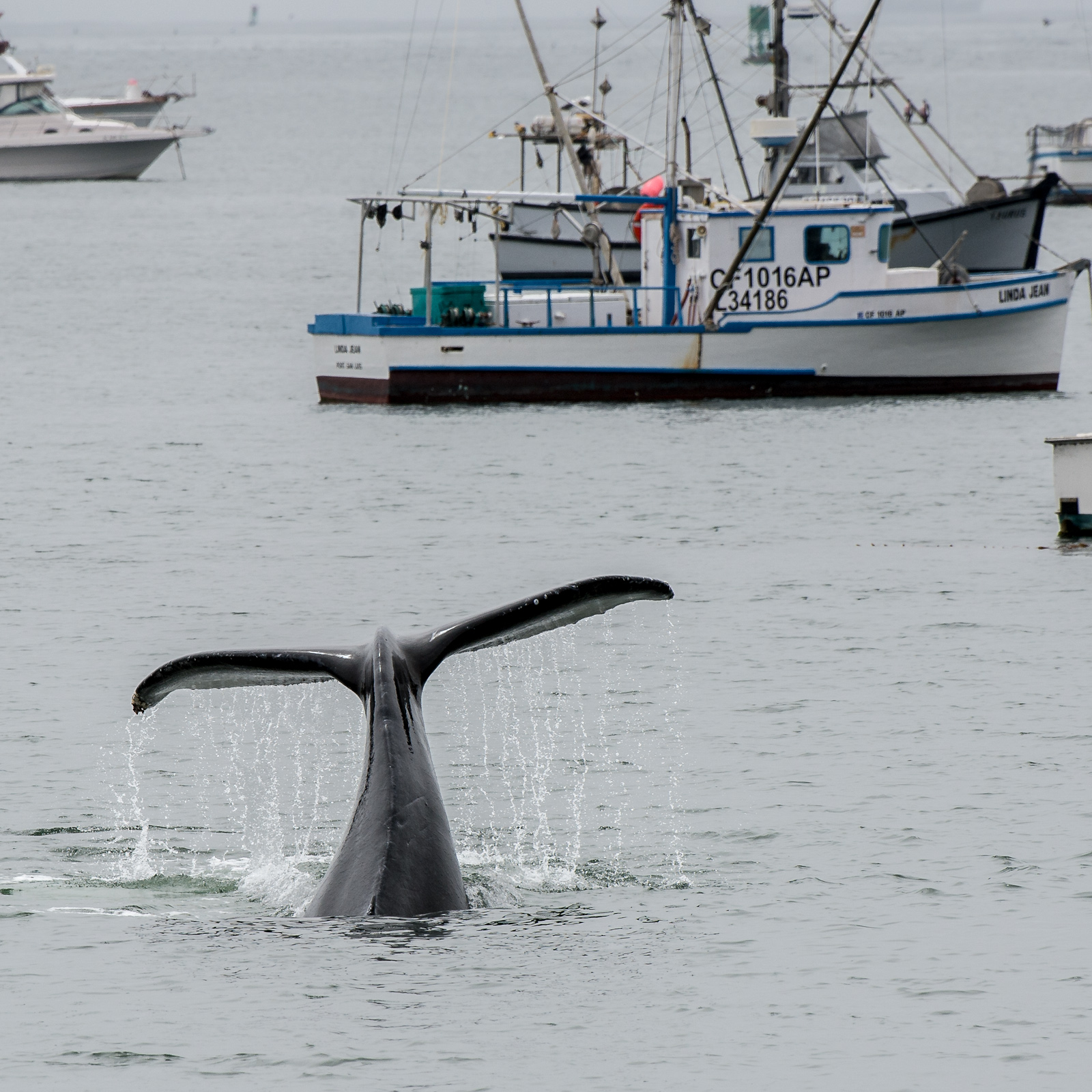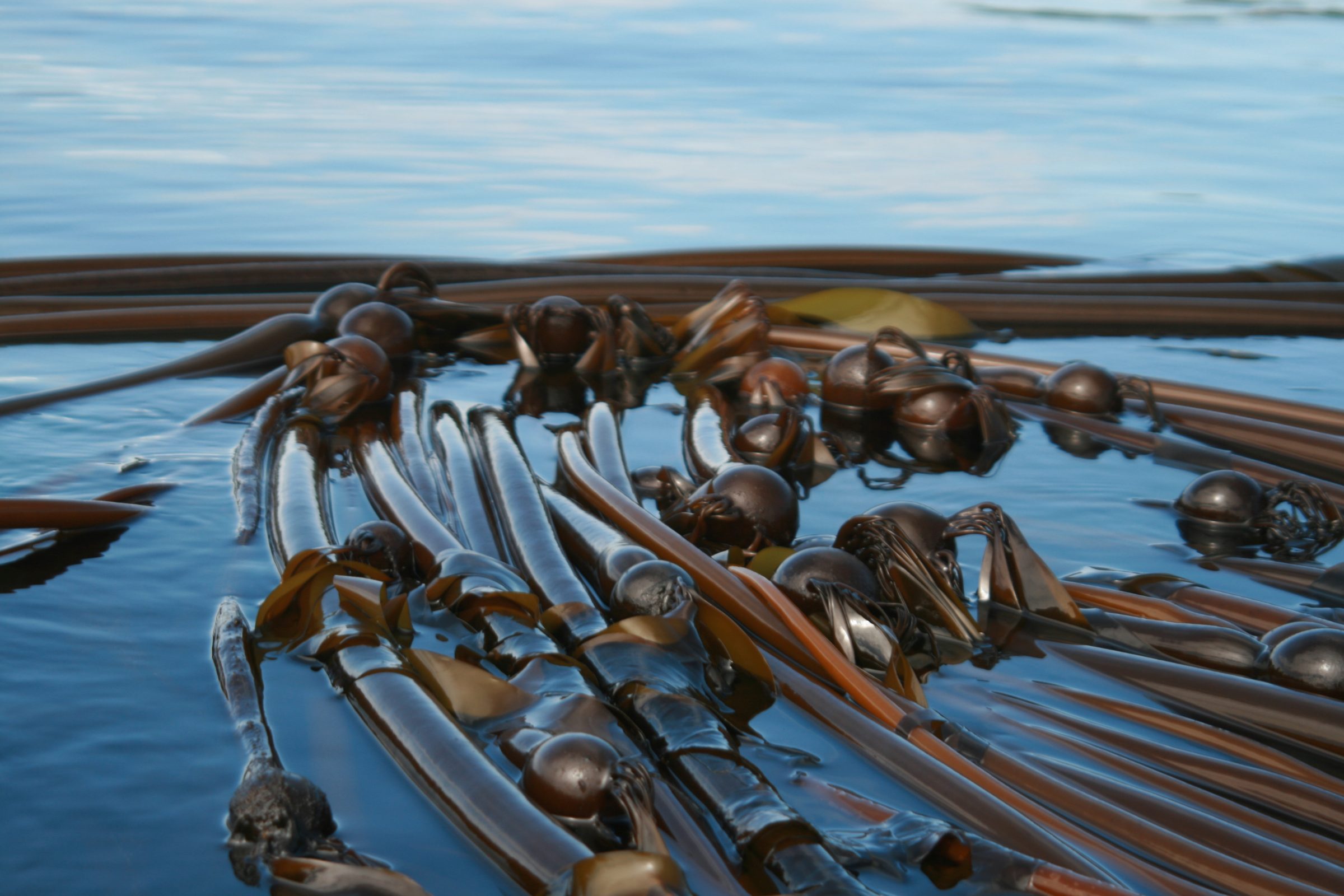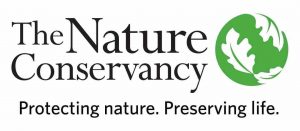Marc Mangel is Distinguished Research Professor of Mathematical Biology at the University of California Santa Cruz, where he has served since 1996, and Chair of the Board of Directors of FishWise, a non-profit company that uses methods of business to increase sales of sustainably harvested fish. He is also Adjunct Professor in the Theoretical Ecology Group, Department of Biology, University of Bergen and Affiliate Research Professor at the University of Washington, Tacoma. From 1980-1996, Mangel was at the University of California Davis, where he was founding Director of the Center for Population Biology (1989-1993).
His awards include the Koopman Paper Prize from the Operations Research Society of America, 1982; JASA Applications Paper from the American Statistical Association, 1983; John Simon Guggenheim Memorial Fellow, 1987; Fulbright Senior Research Fellow, Oxford University, 1988; Distinguished Statistical Ecologist, International Association for Ecology, 1998; Mote Eminent Scholar, Florida State University, 2000; Fellow, California Academy of Sciences, 2000; Fellow American Association for the Advancement of Science, 2003; UCSC Academic Senate Excellence in Teaching Award, 2003; Astor Lecturer, University of Oxford, 2007; Kaeser Lecturer University of Wisconsin, 2008; Fellow, Royal Society of Edinburgh, 2009; Kendall Award for the best paper published in The Transactions of the American Fisheries Society in 2009; Fellow, Society for Industrial and Applied Mathematics (SIAM), 2013; Fellow, Ecological Society of America, 2016; and Glaser Professor, Florida International University, 2017. He jointly shared the Queen’s Anniversary Prize in 2011 with colleagues at the Sea Mammal Research Unit, University of St. Andrews.
In summer 2013, Mangel was the Principal Scientific Expert for Australia in the case in the International Court of Justice “Whaling in the Antarctic: Australia v. Japan. New Zealand Intervening”. In June 2014, Mangel received Doctor of Science honoris causafrom the University of Guelph. Citation: “This degree is awarded in recognition of your significant academic contributions combining mathematics and statistics with theoretical ecology and evolutionary biology. You have profoundly influenced an entire generation of ecologists, environmental scientists and applied mathematicians on how to solve important practical problems and make the world a better place”.
In April 2018, Mangel was elected as Fellow of the American Academy of Arts and Sciences and in December 2018, he received the Outstanding Achievement Award from the American Institute of Fishery Research Biologists.
Mangel has numerous journal publications, about 27,800 citations in Google Scholar, a lifetime h-index of 76 and of 40 for the last five years, and books that include Decision and Control in Uncertain Resource Systems(1985, Academic), Dynamic Modeling in Behavioral Ecology (with Colin Clark, 1988, Princeton), The Ecological Detective. Confronting models with data(with Ray Hilborn, 1997, Princeton University Press), Dynamic State Variable Models in Ecology: Methods and Applications(with Colin Clark, 2000, Oxford University Press), and The Theoretical Biologist’s Toolbox. Quantitative Methods for Ecology and Evolutionary Biology(2006, Cambridge, University Press). He edited Classics of Theoretical Biology(A Special Issue of the Bulletin of Mathematical Biology. Part I: Volume 52 Numbers 1,2. Part II: Volume 53, Numbers 1,2), Sex Allocation and Sex Change: Experiments and Models(Lectures on Mathematics in the Life Sciences, Volume 22) and Proceedings of the Second International Symposium on Krill(Canadian Journal of Fisheries and Aquatic Sciences 57(Supplement 3). He has supervised more than 50 undergraduate research projects, 31 PhD students and 31 post-doctoral colleagues.
His professional service includes editorship of Behavioral Ecology, 1994-1999; member of the Committee of Scientific Advisors of the US Marine Mammal Commission (1990-96); member (1988-1993) and then chair (1990-1993) of the SIAM-AMS Committee on Mathematics in the Life Sciences; twice (1988, 1991) member of the US delegation to the Scientific Committee of the Commission for the Conservation of Antarctic Marine Living Resources; member of the Ecosystem Advisory Panel (1997-2000; NRC appointment); member of the Science Advisory Board of the National Center for Ecological Analysis and Synthesis (1998-2001); member of the NOAA Fisheries [Salmon] Recovery Science Review Panel (2004-2010; NRC appointment); member (2004-2008) and chair (2008-2011) of the Special Committee on Seals, a statutory committee of the British government. (It was for the SCOS work that Mangel shared in the Queen’s Anniversary Prize.); and Chair of the Ecosystem Sciences external review committee, Northwest Fisheries Science Center (2016).
Web page: http://www.soe.ucsc.edu/~msmangel/.
Google Scholar web page: http://scholar.google.com/citations?user=-HwCwkAAAAAJ&hl=en




